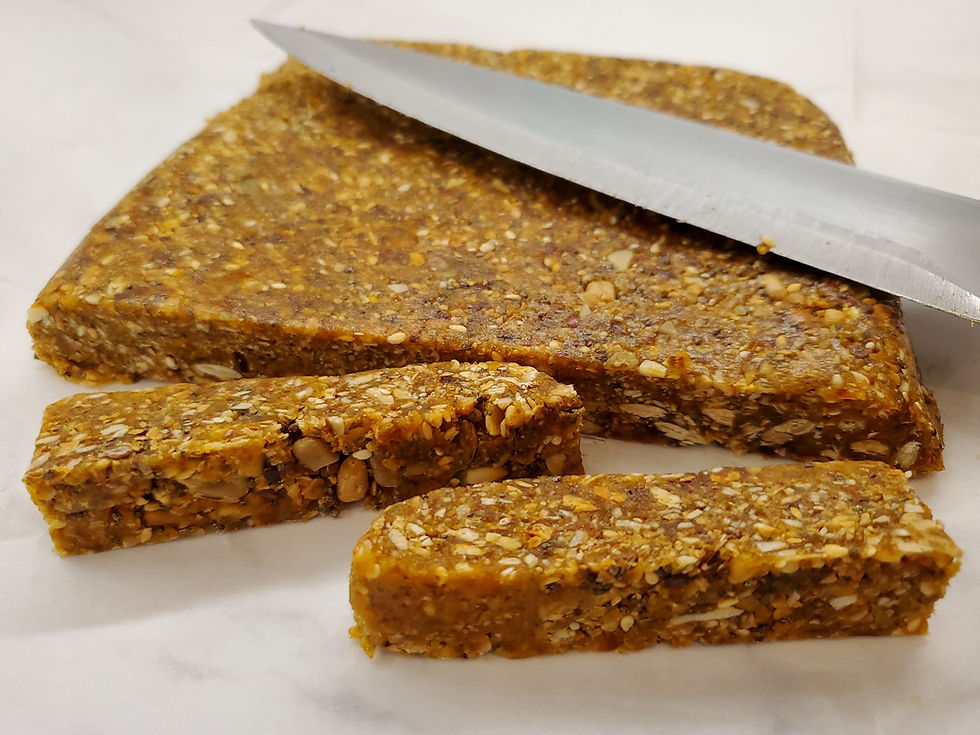Help! My Kid WON'T Eat Vegetables
- Cathy Dyer

- Apr 6, 2019
- 4 min read
Updated: Jun 22, 2020
You know vegetables are an important part of nutritious eating and you're struggling to get your kid to eat them. And that, my friend, is where your problem lies.

You love your child and want to feed him right. You know vegetables are important and you keep trying different tactics to GET your child to eat them.
CALM DOWN. Your child will not likely suffer a nutritional disaster if he refuses the next serving of carrots, but the power struggle you are engaging in will likely make the situation worse.
Stop stressing and pressuring
Pressuring doesn't work. Pressuring can seem positive and feel like good parenting, but interference in any form typically just causes resistance. Your kid is wondering "how great can these vegetables be?" He doesn't remember you ever pressuring him to eat cookies.
Interference and coercion tactics result in your child resisting your pressure. It's not even about the vegetables anymore at this point. It's a power struggle that takes place every time he eats, making everybody miserable, and compounding the problem.
Don't negotiate with or bribe your child: "If you eat this, you can have that."
Skip the 3-bite rule and "no thank you" bites: "You have to eat three bites before you decide you don't like green beans."
Don't apply positive pressure such as rewarding, praising, reminding, and making special "kid approved" vegetable dishes because you are desperate to get your kid to eat a vegetable, ANY vegetable.
Don't restrict eating other foods with contingencies regarding vegetables: "You can't have more mashed potatoes until you eat your Brussels sprouts."
Don't apply negative pressure such as criticizing, punishing, shaming, or forcing: "You have to clean your plate before you leave the table."
Don't try to sneak vegetables into other foods. The first time your child catches bits of broccoli in his beloved mac n' cheese, all bets are off. Everything you serve will be questionable.
Stop anything you are doing to GET your kid to eat vegetables (or to eat anything, for that matter).
Despite growing evidence that controlling feeding practices are detrimental to children's ability to self-regulate their eating, research published in the journal Pediatrics reveals that up to two-thirds of US parents still pressure their kids to clean their plates and use other methods to pressure their kids to eat (1). The study showed dads are more likely to pressure their kids to eat than moms, and boys are more likely to be pressured to eat than girls.

Be a vegetable eating role model
Relax and enjoy the vegetables you like to prepare and eat. Put them on the table so that all can serve themselves as they want. Your child will eventually give them a try, too.
You might like to download How To: Roast Any Vegetable
Follow the division of responsibility in feeding
Registered Dietitian and Psychotherapist Ellyn Satter advises parents to adhere to a Division of Responsibility in Feeding. Her approach is considered a best practice by The Academy of Nutrition and Dietetics, the American Academy of Pediatrics, the Expert Committee on Childhood Obesity, Head Start, WIC, and the USDA (see here).
Satter's Division of Responsibility in Feeding (sDOR)
As a parent, you are responsible to decide the WHAT, WHEN, and WHERE of feeding. To develop a attitude about trying and eating vegetables, your child needs you to provide a variety of vegetables, at predictable times each day, in a positive environment where eating is a pleasure.
select and prepare vegetables for your child
teach your child how to serve himself from the vegetables you have decided to provide
establish predictable snack and meal times which include vegetables
stop any grazing between snacks and meals so your child comes to the table with an appetite, ready to try different vegetables
create a positive mealtime experience where your child can try and eat what he wants without pressure
Let your child decide HOW MUCH and WHETHER to eat.
let your child to choose among the vegetables you offer
let your child to respectfully decline any vegetables he doesn't want to eat (yet)
let your child to decide how much vegetables much he will eat
Letting go of controlling your child's eating behavior can be difficult, especially if you already have a pattern of struggling to get him to eat vegetables. At first, your child may use his new found freedom to reject them entirely.
Be patient
You're in this for the long haul. The goal isn't to get your child to eat the peas on his plate right now. The goal is to give your child room to try new foods at his own pace and learn how to regulate his own appetite and eating behaviors. You might have peas on the table 15, 30, who knows how many times before your child is ready to give them a try.
Have family meals
“...empower parents to promote children’s ability to self-regulate energy intake while providing appropriate structure and boundaries around eating.”
- Committee on Nutrition of the American Academy of Pediatrics (2)
Scheduled family sit-down meals and snacks is the most powerful tool you can use to help your child develop a lifetime healthy eating habits, including eating adequate vegetables. Learn more by downloading How To: Family Meals.
References
1. Katie A. Loth, Richard F. MacLehose, Jayne A. Fulkerson, Scott Crow, DianneNeumark-Sztainer. Food-Related Parenting Practices and Adolescent Weight Status: A Population-Based Study. Pediatrics May 2013, 131 (5) e1443-e1450; DOI: 10.1542/peds.2012-3073
2. Committee on Nutrition of the American Academy of Pediatrics. Policy Statement: Prevention of Pediatric Overweight and Obesity. (2003). Pediatrics, 112(2), 424-430. doi:10.1542/peds.112.2.424 https://pediatrics.aappublications.org/content/pediatrics/112/2/424.full.pdf




Comments